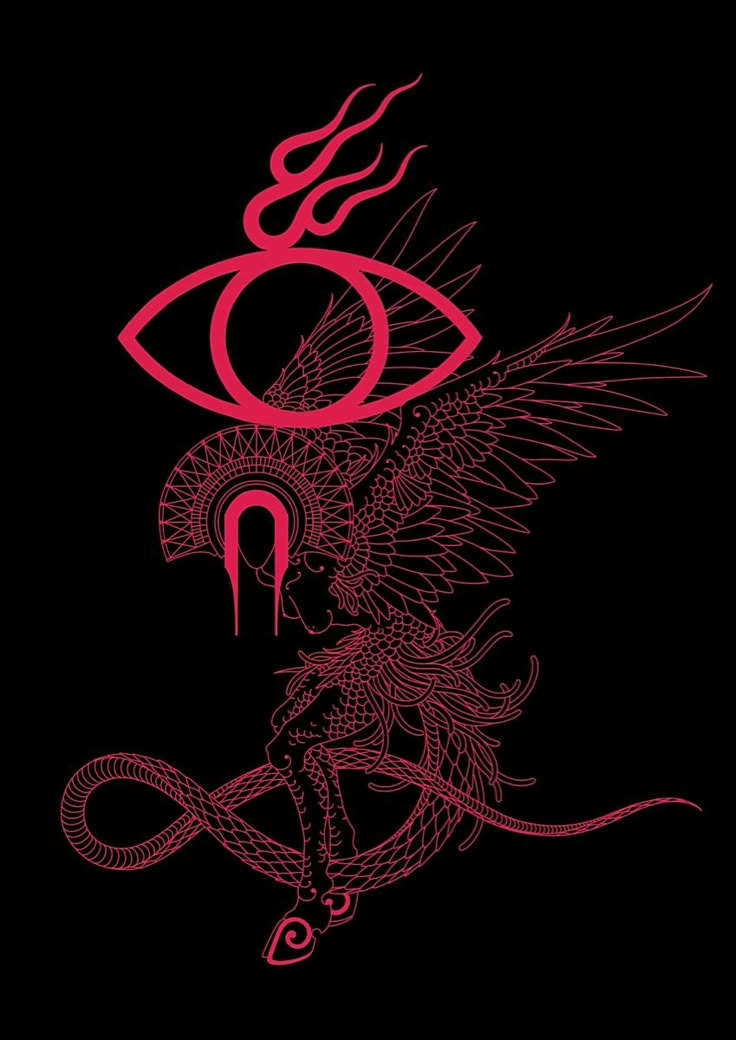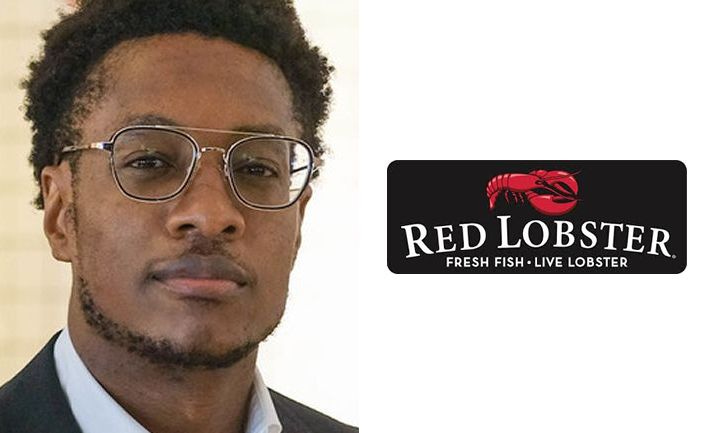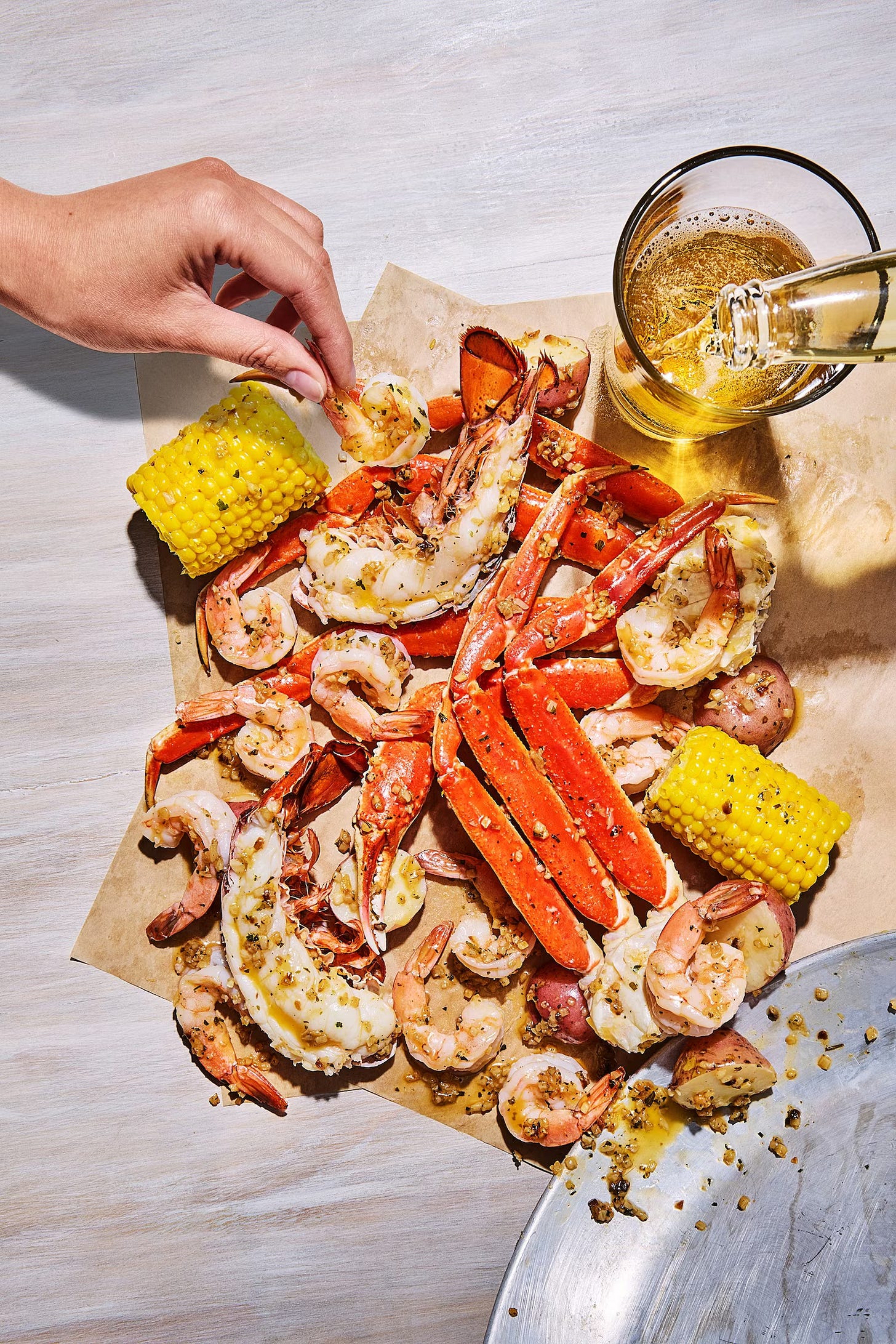Cult Worthy: Growing your cult following faster by knowing your enemy
Know thy enemy – only the enemy shows, where you are weak.
It’s Friday, and it’s time to gather for another week of Cult Worthy – the only cult on Substack! ✨
Honestly, can’t believe it’s almost July….and I’m excited to see what’s in store for the month. I’m ready to start introducing members in the network and what they bring to the cult brand economy. 🕯️
We’re building something unique in the business world, showing the need for understanding in this growing niche for future success. This week for our Cult Worthy gathering, we’re going to discuss our enemies. 👁️
The discussion on knowing your enemies is widely popular among conversations in the cult brand economy. A key difference between cult brands and the “average” – is that cult brands highlight a specific "enemy". This could be a competitor, a societal norm, or a set of outdated practices. But the enemy isn’t just a business competitor; it's an embodiment of what the brand and its followers stand against. Naming an enemy is a catalyst to clear differentiation. This strategy can help brand leaders and PR teams position themselves with more intention and on their own terms. We see this a lot with startups like Patreon, AirBnB, Waymo, Glossier and more!
As a cult leader in the PR world, I understand the importance of how public relations shapes analysis, creativity, and execution of visibility for brands when pushing societal norms. It goes beyond just knowing your competitor and is more about the process of using this sacred information to cultivate more belonging channels and the shared purpose necessary to build a cult following. That one thing your brand dislikes the most, but everyone seems to accept — that’s your enemy. 🔺🙏
Once you’ve identified your enemy, you need to help your cult visualize it. What does it look like? How does it sound? How does it make you feel? Only after this work is done can your devotees help you defeat it.
Make sure the enemy is a real problem that needs to be solved.
The goal here is to position a brand as the ultimate ally. Cult brands position the enemy as something that, once vanquished, will allow the others to live the lifestyle they actually want – but, don’t make the enemy so grandiose that it can’t be defeated. This is very important!
Do you know who your enemies are – and the values that you’re against? This is one of the earliest cult brand mastery steps to maximize your unique difference to grow all over the world!
Here are a 5 cult brands that understand their enemy to grow their cult followings:
1. Partiful
As a New Yorker, Partiful is one of my favorite brands that understands their enemy – and what they’re fighting against. Which is why they’re so successful! In a world where you need so many apps to plan a party with the people closest to you – they’re on a mission to make this process so much easier to cut out all the other apps in the process.
“It's wild that you need six different apps to plan a party and get the word out. Texting, Stories, and group chats don't cut it, especially when you're inviting friends-of-friends. You deserve a party page that hypes up your event and makes it easier for guests to get the info they need. That's why we built Partiful.”
Enemy: The traditional party planning app ecosystem – that requires more than just one app for success
2. Base 44
BASE44 is an all-in-one AI platform designed to streamline the process of app development without the need for coding. It enables users to transform ideas into fully functional apps in minutes.
The founder Shlomo, recently sold his 6-month-old, bootstrapped vibe-coding startup Base44 to Wix for $80 million, and the deal was cash, Wix confirmed to TechCrunch.
They’re “reinventing how how software is built.” Opening doors to give everyday people the freedom to create a real app – in world where it’s impossible if you aren’t an engineer.
Enemy: Traditional methods for building an app that require years of education, training, and industry influence.
3. Waymo
It’s crazy to think that Uber and Lyft used to be considered the most innovative options – compared to taxis or public transportation. However, brands like Waymo have entered the chat to give people even more freedom when traveling. Waymo is an autonomous driving technology company. Waymo's mission is to make transportation safer, more accessible, and more sustainable.
“We're designing the Waymo Driver, our autonomous technology, to give people a new kind of freedom — to go where they want, when they want, while making the frustrations and concerns with driving a thing of the past.”
I actually experienced Waymo for the first time when visiting San Francisco, and I’m obsessed with the freedom of not having to interact with a real person at all. ✨ This week, The New York Times, actually reported on how Uber is increasingly grappling with competition from self-driving taxi services like Waymo. Now the ride-hailing giant is taking more action to deal with that threat. They’re thinking about how to enter into the self-driving car arena and what makes the most sense for the brand. Waymo is a true inspiration across the cult brand ecosystem!
Enemy: Ubers, Lyfts, Taxis, and traditional public transportation options
4. Skims
Kim gets a lot of hate but, the Kardashians are great at building cult brands. Skims is on a mission: “We are setting new standards by providing solutions for every body. From technically constructed shapewear that enhances your curves to underwear that stretches to twice its size, our goal is to consistently innovate on the past and advance our industry for the future.”
Looking at Skims against competitors like Spanx, Commando,Yummie, Victoria Secret and even cheaper alternatives on Amazon – there’s no competition. Skims’ social reach and influencer collaborations make them a standout in this category with each launch; now valued at $4B. Meanwhile, Spanx has been around for decades and is worth $1.2B.
Enemy: The traditional shapewear market that lacks inclusion and creativity.
5. Topicals
My last example is Topicals – a skincare brand focused on making effective, science-backed products for chronic skin conditions, while also advocating for mental health. The company, founded by Olamide Olowe, aims to destigmatize skin conditions and empower individuals to feel good about their skin.
“Skin can be complex, just like life—often in ways we wish it weren't. At Topicals, we understand that dealing with chronic skin conditions isn’t just a physical challenge; it can also take an emotional toll.
We’re taught to hide or feel embarrassed about flare-ups, constantly comparing ourselves to the flawless, edited images in media. This creates pressure to achieve an unrealistic ideal of "perfect skin." But here’s the truth: perfect skin isn’t real.
We’re here to remind you that you define what skin looks good, not the other way around. We’re also dedicated to addressing the real connection between skin conditions and mental health.
Enemy: Traditional skincare industry that doesn’t prioritize mental health and promotes unrealistic beauty standards.
What’s the Latest Cult Brand News
🙏 Cult Brand of the Week goes to Red Lobster
This week, we’ve crowned Red Lobster as the cult brand of the week, alongside their CEO Damola Adamolekun.
Since Damola has taken the lead in signaling a new chapter for Red Lobster, the cult brand has experienced exponential growth and visibility since last year. This week, Red Lobster's newest menu additions have gone viral on social media now that the chain introduced affordable, buttery seafood boils for the summer. There’s so much earned media coverage, that I can’t keep up – and I’ve seen so many food influencers take on the new food items to share their experiences.
I’m excited to see how Red Lobster will continue to expand their diverse cult following this year. All hail cult Red Lobster and excited for their growth! 🔺
Unilever to pay $1.5 billion for men's grooming brand Dr. Squatch
Let’s talk about more cult brand growth this week for Dr. Squatch.
Unilever stepped in to acquire the brand for $1.5B! Dr. Squatch was launched in 2013 by founder and CEO Jack Haldrup. Its products include soaps, body washes, deodorants, hair care, skin care and other men’s grooming offerings. Unilever selected the brand in part for its strong brand culture and viral, social media-focused marketing with influencer- and celebrity-driven growth. Also can’t forget their cult following!
Read the full article here.
I’ll see you back here next Friday for our next Cult Worthy gathering.
Leave a comment and share your favorite cult brand at the moment – look forward to hearing your current obsessions!














